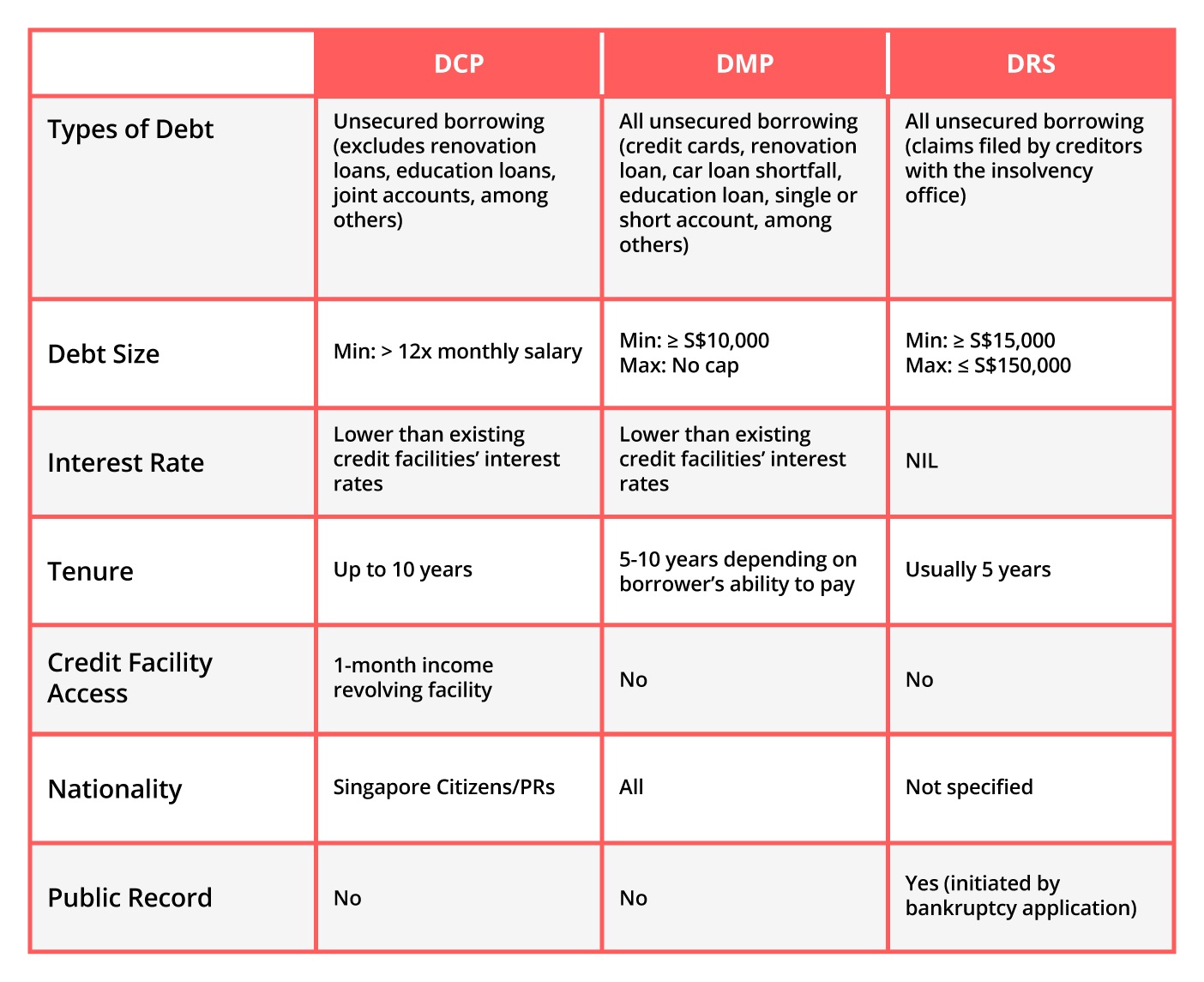Why You Need To Consider Debt Management Plan Services for Managing Your Finances
Why You Need To Consider Debt Management Plan Services for Managing Your Finances
Blog Article
Expert Tips and Approaches for Implementing an Effective Debt Monitoring Plan
When it involves navigating the intricacies of financial obligation monitoring, having a well-thought-out strategy is important for attaining monetary security. Executing specialist tips and methods can make a significant difference in your trip towards financial debt relief. From examining your existing financial standing to bargaining with creditors, each action plays a pivotal function fit a successful financial debt administration strategy. By understanding the ins and outs of financial debt administration and adopting tested approaches, people can lead the method for a much more safe and secure financial future.
Assessing Your Current Financial Situation
Before embarking on a debt management plan, it is essential to completely assess your current financial standing. Understanding your economic situation is the foundational action towards effectively managing and reducing your debt. Begin by assembling a thorough checklist of all your financial debts, consisting of outstanding equilibriums, passion prices, and minimal month-to-month payments. This will certainly provide a clear overview of the extent of your financial responsibilities. In addition, examine your income sources and month-to-month expenditures to identify your disposable income readily available for financial obligation settlement.

Establishing a Realistic Budget Plan
Recognizing your current financial scenario prepares for establishing a realistic budget that lines up with your financial obligation monitoring goals and monetary capabilities. When developing a budget, it's essential to precisely track your earnings, costs, and financial debt commitments. Start by listing all income sources, consisting of earnings, bonus offers, and any kind of added profits. Next, detail your fixed expenses such as rental fee or home mortgage repayments, utilities, insurance coverage, and lending payments. Variable expenditures like grocery stores, home entertainment, and transportation must also be represented. By classifying your expenditures, you can determine areas where you might require to reduce to free up funds for financial debt payment.

Prioritizing and Dealing With Financial Debts
To efficiently regain control of your finances and work towards monetary stability, focusing on and tackling your debts is a crucial step in your financial obligation administration plan. Determine high-interest financial obligations that are costing you the most money and prioritize paying them off.
After determining your high-interest financial debts, take into consideration using strategies like the debt snowball or financial obligation avalanche approach to pay them off methodically. The financial obligation snowball technique involves repaying the tiniest financial obligations first, while the debt avalanche method prioritizes debts with the greatest rate of interest. Choose the approach that lines up best with your financial goals and motivates you to maintain making development.
Additionally, consider bargaining with lenders for reduced rates of interest or setting up a layaway plan if you're battling to fulfill your existing obligations. Seeking aid from a credit report therapist or financial advisor can likewise give important understandings and guidance on how to properly tackle your financial debts - debt management plan services. By focusing on and addressing your debts tactically, try this you can lead the way in click reference the direction of a debt-free future and boosted financial well-being
Working Out With Financial Institutions
When involving in financial debt administration, working out with creditors is a critical action in the direction of finding equally valuable options for financial obligation repayment. Prior to starting negotiations, it is crucial to have a clear understanding of your monetary situation, including your revenue, costs, and the total quantity of financial obligation owed.

Building Healthy And Balanced Financial Routines
Incorporating constant budgeting techniques is vital for cultivating healthy and balanced financial behaviors. Budgeting enables people to track their earnings and expenditures, allowing them to make enlightened choices regarding their financial priorities. Establishing specific financial objectives, such as conserving for emergencies or retirement, can offer a clear roadmap for handling cash effectively.
One more trick element of structure healthy monetary practices is living within one's ways. This entails costs much less than what is earned and avoiding unneeded financial debt. Embracing an economical state of mind and distinguishing in between requirements and wants can assist individuals make even more sensible costs options.
Consistently reviewing economic declarations and keeping track of credit report records are vital routines that promote monetary awareness and responsibility. By staying educated regarding their monetary standing, individuals can recognize possible problems at an early stage and take you can look here proactive actions to address them.
In addition, establishing a cost savings habit, despite having little amounts, can add substantially to long-lasting economic security. Saving frequently not only builds a monetary padding for unanticipated costs but additionally promotes a sense of discipline and obligation in the direction of cash monitoring. By regularly exercising these routines, individuals can lay a solid foundation for a secure financial future.
Verdict
To conclude, applying a successful financial debt administration strategy requires an extensive analysis of one's monetary scenario, the development of a practical budget plan, prioritizing and taking on financial obligations, bargaining with creditors, and structure healthy and balanced financial routines (debt management plan services). By adhering to these expert ideas and strategies, individuals can take control of their financial resources and job towards accomplishing economic stability and flexibility from financial debt
Understanding your current monetary scenario lays the groundwork for establishing a sensible spending plan that aligns with your debt administration objectives and economic capacities.To effectively restore control of your funds and job in the direction of economic security, prioritizing and tackling your financial obligations is a crucial step in your financial obligation administration strategy.After determining your high-interest financial debts, take into consideration making use of approaches like the debt snowball or financial obligation avalanche technique to pay them off methodically. The debt snowball approach entails paying off the tiniest financial debts initially, while the financial debt avalanche technique prioritizes financial obligations with the greatest rate of interest rates.When engaging in debt monitoring, bargaining with creditors is a crucial step towards finding equally beneficial remedies for financial obligation payment.
Report this page